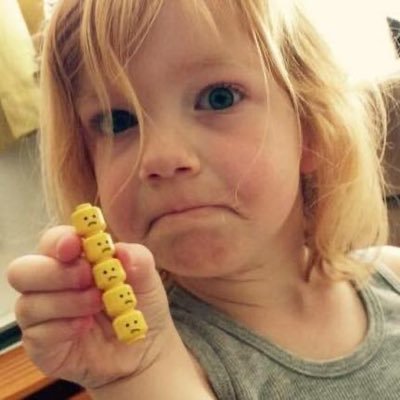Wikipedia is easy to love, and it’s even more easy to hate — especially if you’re an academic. I’m not particularly interested in rehashing the critiques that many others have made against Wikipedia (see below). Frankly, regardless of whether I agree or not, some of these critiques strike me as overly curmudgeonly or overly end-of-the-world-ish for my tastes.
But, even if I don’t think that Wikipedia is single-handedly destroying Western civilization, I still recognize that it has some pretty serious limitations as a research tool. And that’s why I strongly discourage my students from using it, and why you should never cite Wikipedia in a research paper.
My reasons for this are simple. First and foremost, I think it’s important to recognize Wikipedia for what it is — an encyclopedia. Academic researchers know that there are primary and secondary sources, and they know the different value and weight these types of sources have. An encyclopedia, by definition, is a tertiary source. It is to be used as a reference and a stepping stone to more rigorous and better sources. It is never used as an end in itself.
From this point of view, since we don’t treat traditional, peer-reviewed and edited encyclopedias with the same weight as primary or secondary sources, why treat Wikipedia any different? One should consult an encyclopedia for basic knowledge, facts and dates, and then jump to the end of the entry where you can usually find a “further reading section,” a long list of books and articles on your subject. That’s where the real research is.
The main difference between a traditional, peer-reviewed and edited encyclopedia and Wikipedia, of course, is that the former is edited by the “wisdom of the crowd.” Because of this, as the articles I link to below point out, what you read on Wikipedia might not be true — it might just be what everyone believes is true. And that’s a pretty major drawback to using Wikipedia in my book.
Having said that, I recognize that taking a stand against Wikipedia is a little like sticking my finger in a dike to keep out the sea. I know you’re going to use Wikipedia; everyone does. What I hope, however, is that you do not use Wikipedia in place of your critical reasoning skills. Know that the information on Wikipedia is either not wholly unbiased, is lacking some crucial details, and/or is merely pointing you down the road to further research. It is, as all encyclopedias should be considered, a first step into a much larger world of knowledge. And, as a student in my class, your job is to explore that world of knowledge — so don’t get hung up at the first stop along away!
